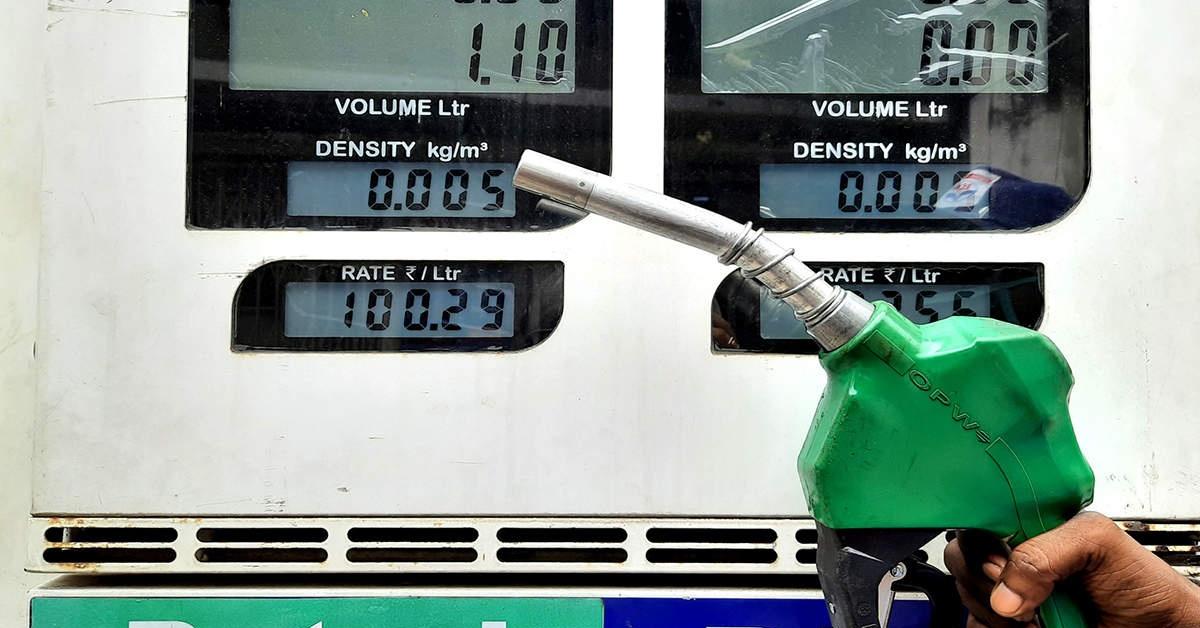Are you curious to know what is the density of petrol? You have come to the right place as I am going to tell you everything about the density of petrol in a very simple explanation. Without further discussion let’s begin to know what is the density of petrol?
What Is The Density Of Petrol?
Petrol, also known as gasoline in some regions, is a ubiquitous fuel that powers millions of vehicles and machinery worldwide. As we continue to emphasize the importance of fuel efficiency and environmental considerations, it’s essential to understand the fundamental properties of petrol. One of these properties is its density. In this blog, we will explore the concept of the density of petrol, its significance, and how it relates to the performance of vehicles and engines.
Understanding Density
Density is a fundamental property of matter that measures the mass of a substance per unit volume. In the case of petrol, it tells us how much mass (in kilograms or grams) is packed into a specific volume (in liters or cubic centimeters).
The density of petrol is typically expressed in units such as kilograms per liter (kg/L) or grams per milliliter (g/mL). It provides a crucial parameter for understanding and optimizing the performance of vehicles, engines, and fuel-related processes.
The Density Of Petrol
The density of petrol can vary slightly depending on factors like its composition, temperature, and the presence of additives. However, on average, the density of petrol at standard conditions (20 degrees Celsius and atmospheric pressure) is approximately 0.74 kg/L or 740 g/L.
Significance Of Petrol Density
- Energy Content: The density of petrol is directly related to its energy content. It provides a measure of how much potential energy is packed into a given volume of fuel. A higher density means more energy is available, which is essential for fuel efficiency in vehicles.
- Fuel Efficiency: In the automotive industry, fuel efficiency is a critical factor. The energy density of petrol is a key consideration when designing engines and vehicles. High-energy-density fuels like petrol enable vehicles to travel longer distances on a tank of fuel, making them more efficient.
- Performance: Petrol with a higher density can improve the performance of internal combustion engines. It results in better power output, acceleration, and overall engine efficiency.
- Emissions: The density of petrol also impacts emissions. More energy-dense petrol can lead to better combustion and, consequently, lower emissions of pollutants like carbon monoxide and unburned hydrocarbons.
- Storage and Transport: Understanding the density of petrol is vital for its safe storage and transportation. It helps calculate the volume of fuel in storage tanks and design fuel delivery systems.
Conclusion
The density of petrol is a fundamental property that influences the performance and efficiency of vehicles and engines. It plays a vital role in determining the energy content of the fuel, which, in turn, affects factors like fuel efficiency, power output, and emissions. In the ongoing pursuit of more efficient and sustainable transportation, the density of petrol remains a key consideration. As we continue to explore alternative fuels and technologies, understanding the properties of conventional fuels like petrol remains critical for achieving optimal performance and minimizing environmental impact.
FAQ
What Is The Standard Density Of Petrol?
Density of petrol is 750 Kilogram per metre cube and that for diesel is 850 Kilogram per metre cube approximately! The density of gasoline 0.77 kg/L, higher densities having a greater volume of aromatic.
What Is The Density Of 1 Litre Of Petrol?
What is the weight of 1 litre petrol? Density range of petrol is 0.710 to 0.775 gram/ litre at 15 deg C. If we take the density of the petrol is 0.710.
What Is The Density Of Petrol In Kg M3?
The density of gasoline ranges from 0.71–0.77 kg/L (719.7 kg/m3 ; 0.026 lb/in3; 6.073 lb/US gal; 7.29 lb/imp gal), higher densities having a greater volume of aromatics.
How Many Litres Is 1 Kg Of Petrol?
One liter of gasoline weighs between 0.71 and 0.78 kilograms, depending on its precise composition; therefore 1kg occupies between 1/0.71 = 1.41 and 1/0.78 = 1.28 liters.
I Have Covered All The Following Queries And Topics In The Above Article
What Is The Density Of Petrol Per Litre
What Is The Density Of Petrol In Kg M3
What Is The Density Of Petrol In Kg
What Is The Density Of Petrol Diesel
What Is The Density Of Petrol In Petrol Pump
Best Density Of Petrol
Density Of Petrol In India
What Is The Density Of Petrol
What is the energy density of petrol?

